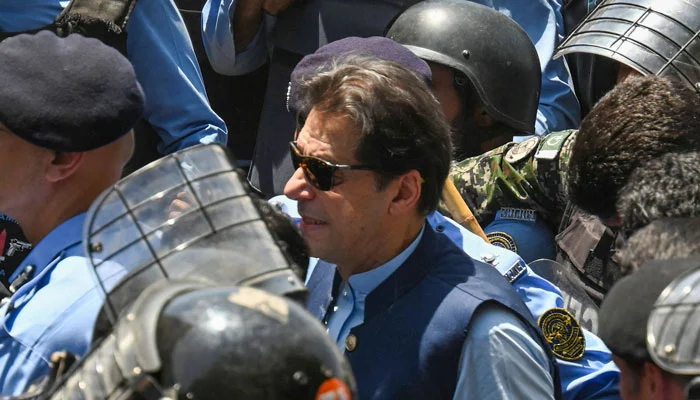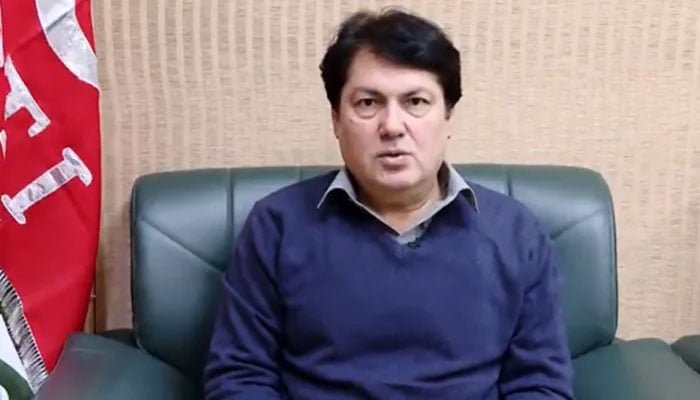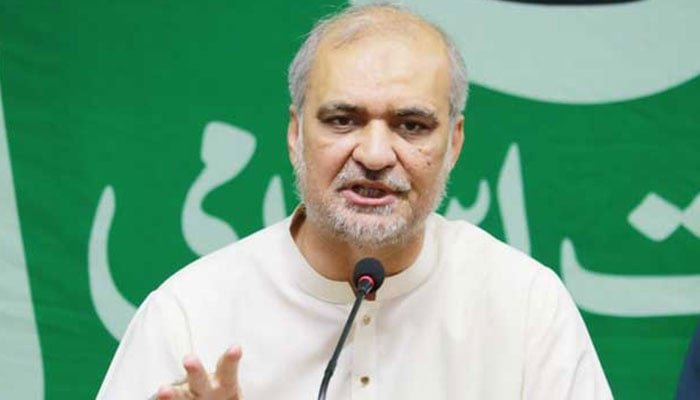Chairman of the Pakistan Tehreek-e-Insaf (PTI), Imran Khan, is set to appear before a special court in Adiala Jail for the Saif-ul-Mulook case for the third time. According to reports, the presiding judge of the special court, Abul Hassanat Zulqarnain, will conduct the proceedings in Adiala Jail.
The Saif-ul-Mulook case revolves around allegations against former Foreign Minister Shah Mahmood Qureshi. The case hearing will take place within the premises of the Judicial Complex.
As per reports, Judge Abul Hassanat Zulqarnain will first arrive at Adiala Jail and then proceed to the Judicial Complex for the hearing. This case involves a 14-day judicial remand for both Imran Khan, the Chairman of PTI, and Shah Mahmood Qureshi.
A notification for the hearing of the Saif-ul-Mulook case in Adiala Jail has been issued by the Ministry of Law. The Ministry stated that there is no objection to conducting the proceedings in Adiala Jail, as requested by the special court judge, citing security reasons.
The notification specifies that the hearing against the Chairman of PTI in the Saif-ul-Mulook case will take place in Adiala Jail on the designated date.
The Saif-ul-Mulook case has garnered significant attention in Pakistan’s political landscape. Imran Khan, a prominent political figure and the head of PTI, faces legal proceedings in this case. The decision to conduct the hearing in Adiala Jail reflects the judicial process’s adherence to security considerations.
It’s important to note that legal proceedings against political leaders can have a substantial impact on Pakistan’s political dynamics, especially as the country prepares for future elections. The case has generated widespread interest and debate, and its outcome may influence the political landscape in Pakistan in the coming months.
the decision to hold the Saif-ul-Mulook case hearing in Adiala Jail underscores the complex relationship between Pakistan’s legal system, its political leadership, and the need to ensure security during high-profile legal proceedings.



